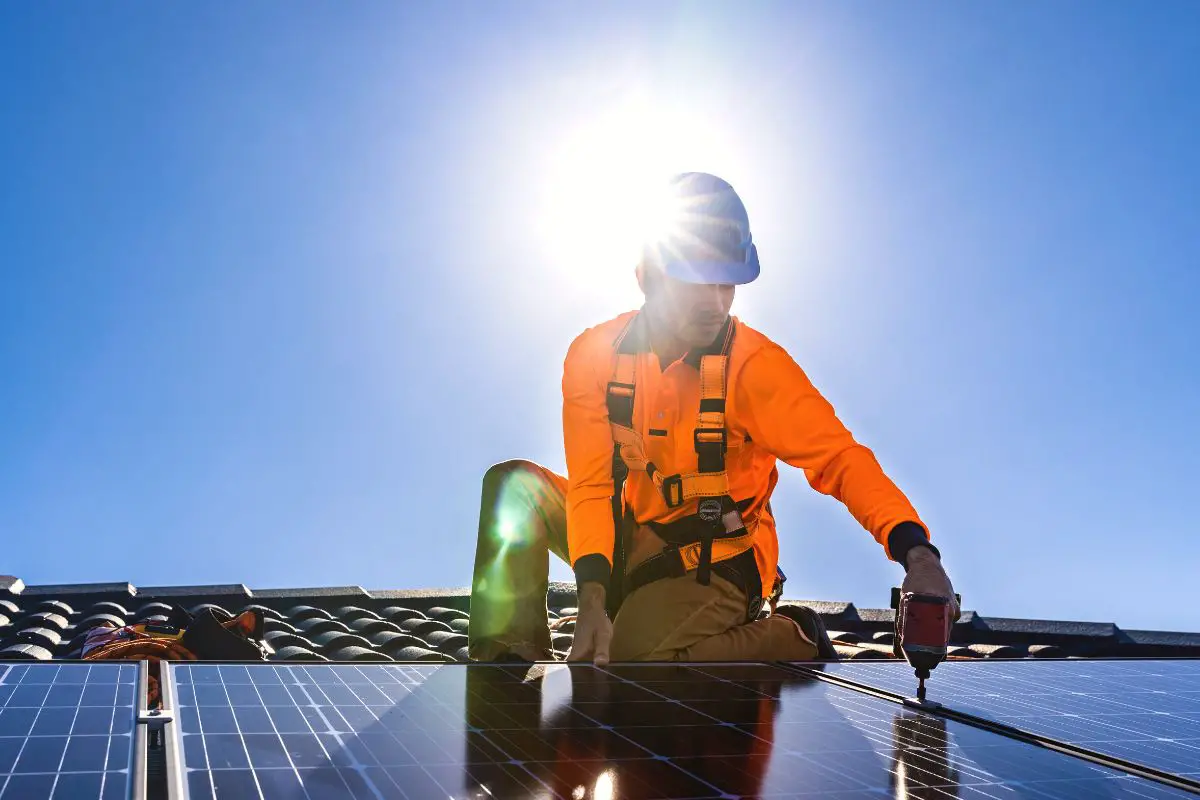How Long Do Solar Panels Last [+ 5 Signs You Need to Replace]
“They’ll last you for ages! It’s your golden ticket to a sustainable, worry-free, energy future.
Knowledge is power, and in this case. It’s solar… “
**TV shut-off**
That’s your average late Friday night solar panel infomercial. Don’t get me wrong. I’m the first one to jump on board if you mention solar energy independence, eco-sustainability, and solar power!
But let’s go behind the fud and see what’s really behind. How long do solar panels really last, and what is their lifespan? Are there any tell-tale signs you have to look for regarding replacement? What brands can you trust that’ll deliver solar panels that’ll be your grandkid’s heritage?
Solar Panel Lifespan: The Basics
Most solar manufacturers state their product’s lifespan is somewhere in the 25 or 30 years. It depends on what kind of material they are made, of course. But that doesn’t mean you have to throw them into the dumpster when they hit 30.
This time range only denotes how long they are likely to produce electricity within their highest efficiency, which is usually between 17~19%. Meaning that after their 30th birthday, they will still be operational but within a lesser efficiency range.
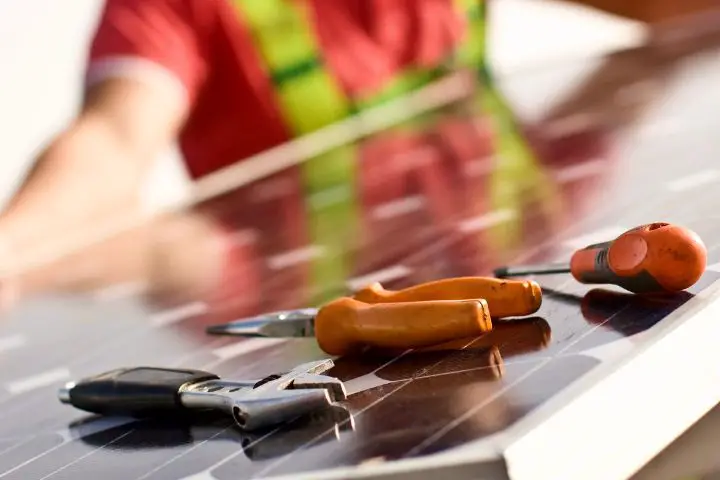
Now, there are core factors you need to consider that highly affect solar panels’ lifespan:
- Quality of the solar panel. High-quality ones often have a higher initial cost but last longer, and you won’t see a dramatic drop in their efficiency over time.
- Type of solar panel. Monocrystalline, polycrystalline, and thin-film, each with different lifespans, but in most cases, monocrystalline outlast them all.
- Quality of installation. Poorly installed solar panels aren’t just a disaster waiting to happen but are also panels that don’t perform well and won’t last long.
- Quality of maintenance. Dirty panels die sooner. Period. Of course, there are proper solar panel cleaning practices that’ll prolong their life and efficiency.
- The type of climate they are in. Solar panels won’t work the same if you place them in Phoenix, Arizona, or somewhere near the fjords in Sweden.
Rooftop vs. Ground-Mounted vs. Solar Fence Lifespan
Where your panels are placed also plays an important role – whether they are on the ground or rooftops. Both of their lifespans depend on a delicate balance of how you take care of them.
For example: Rooftop solar panels are more exposed to harsh weather conditions and become a real maintenance challenge if placed on unreachable rooftops. This can also be true, although to a moderated extent, for balcony modules that are typically installed in apartment buildings.
Solar panels installed on the ground are more prone to physical and nature-like damage and even theft but are a dream come true when spring cleaning comes.
Solar fence panels, on the other hand, are the most immune to hail and falling debris, but due to their position, you’ll notice a drop in their efficiency and lifespan.
But be it rooftop, ground, or fence mounted, according to the National Renewable Energy Laboratory (NEL), there’s an inevitable solar panel lifespan degradation per year of around 0.8%. And that’s just an ideal estimate. In reality, this decline will be greater — or at least faster.
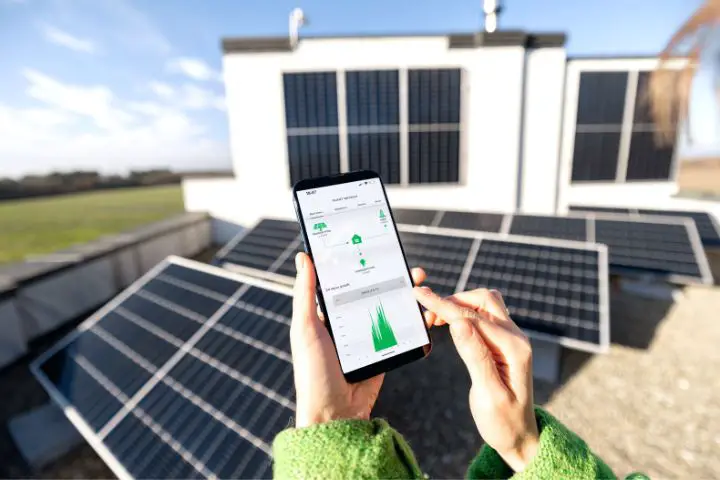
What You Need to Know About the Lifespan of Battery Storage
Looking just at solar panels’ lifespan without considering the battery storage longevity is like buying a new iPhone without ever thinking about the quality and lifespan of its battery. (Only the battery storage for solar is way more expensive than even your average iPhone.)
The average lifespan of solar panel batteries is between 5 to 15 years, depending on what type of battery you have.
- Lead-acid batteries are the cheapest and most common, but last at least around 4~5 years, if you’re lucky and find a top-notch brand.
- Li-ion batteries last for decades, are smaller, more compact, and maintenance-free, but cost a fortune to accommodate your energy needs.
- Saltwater batteries are less common but have long life cycles, are great for the environment, and are relatively safer than lead-acid ones. Their lifecycle spans 5,000 cycles, which is equivalent to 20+ years of use when coupled with solar panels.
- Flow batteries are the poster child of the solar future, but are often intended for gigantic solar powerplants that operate in GigaWatts of power generated. They are extremely easy to maintain, are non-flammable compared to their Li-ion cousins, and have a lifespan of more than 25 years!
Pro Tip
Batteries used more frequently with deeper discharges wear out faster than those used less often with shallower discharges. Similarly, batteries kept in extremely hot or cold environments have a reduced lifespan due to the stress these conditions place on the battery’s materials and components. So, finding a balance between storing conditions and depth of discharge will make the most bang for your buck when it comes to battery lifespan.
Lifespan of Installed vs. Portable Solar Panels
It feels like comparing the lifespan of apples and oranges, but inevitably they have the same purpose, just with a different use.
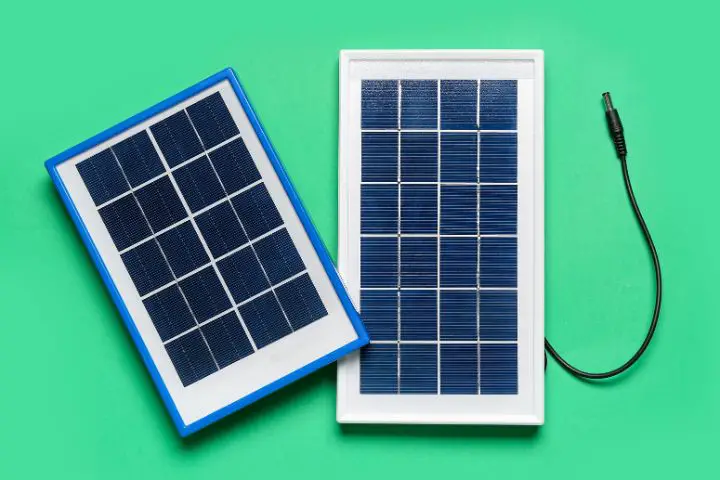
House solar panels are often robust, designed to withstand anything you throw at them – bricks excluded – with a well-known life span of almost 30 years. Think of them as the marathon runners in the solar industry.
Conversely, portable panels are the sprinters in this race.
They are designed to deliver energy on the go, making them ideal for RVs, camping trips, and outdoors. Their versatility and convenience are virtues home solar panels only dream about. But they come with an expense – 12 years, give or take, mark is their lifespan.
How to Prolong Solar Panel Lifespan Using Warranties
There are two things you need to know about using warranties to prolong your solar panel’s lifespan:
- Performance
- Product
The performance warranty guarantees that your solar panels will retain a specified percentage of their efficiency for a set period, often 25 years. For instance, a performance warranty might assure that after 25 years, the panels will still operate at 80% of their original efficiency, which is great news.
Product warranties only cover the human part of your solar panels – the workmanship and the quality of materials. If a panel fails or loses its efficiency touch after ten years due to a manufacturing defect, you have your product warranty to back you up with a repair, replacement, or refund.
Pro Tip: Besides looking at the quality of materials and the levels of efficiency percentage, always take note of a warranty type attached to your solar panel. Think of it as a protection promise for your investment. A long warranty period signals a confident manufacturer that knows its product’s durability and longevity.
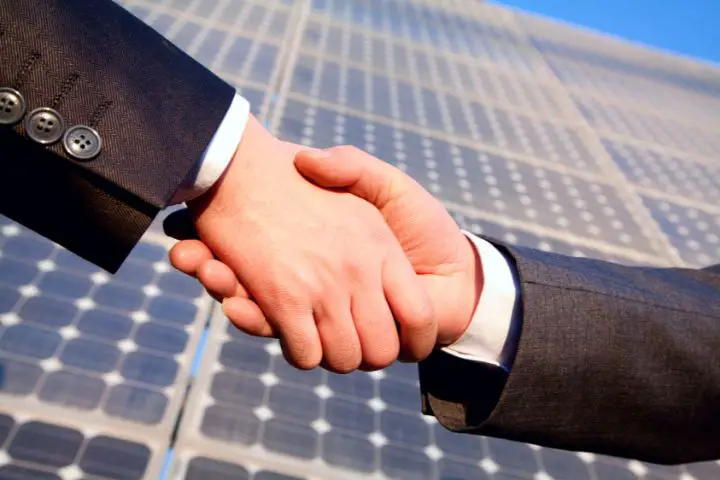
How the Climate Impacts Solar Panel Lifespan
Too cold or too hot and your solar panels die out quickly. Too humid or too dry and their efficiency also dies out.
Areas where mercury soars on the thermometer, like Arizona and the plains of Texas, are the “killing grounds” for solar panels. Homeowners don’t know it, actually, thinking that their solar panels will perform at peak efficiency thanks to the long sun hours.
Wrong!
High temperature causes thermal stress and accelerated degradation of the PV junction within the solar panels, causing their early death.
The same goes if you live in colder regions like Alaska or Minnesota. The low temperature leads to the ice piling up within your solar panels due to frozen water particles.
Humid areas like Hawaii, the swamps of Florida, or the dry regions of Nevada are also hostile to solar panel lifespan.
Southern California, the coast of Washington, and the valleys of Oregon are the perfect grounds for squeezing most of your solar panels’ efficiency and lifespan. Perfect in the sense that they are not too dry or too humid environments.
5 Tell-Tale Signs You Need to Replace Your Panels
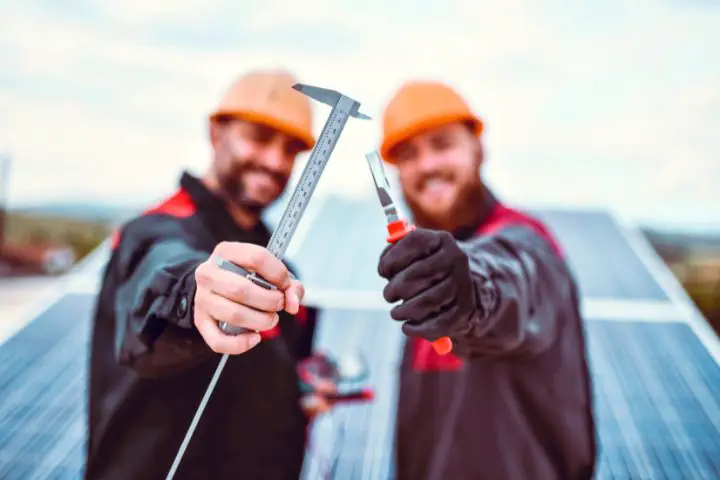
Here’s how to know if your solar panels are ready to go to eternal green pastures:
- You notice a significant drop in efficiency output. For example, over the course of one day, they generated enough power to sustain your whole home, but now they’re barely able to heat up your water heater.
- There are visible cracks in the protective glass layer, discoloration of built-in PV cells, or water found its way into the casing.
- Every so often you need to fix something or call your friend Joe, who’s an “experienced electrician,” to test out the solar cells.
- They are underperforming the moment their warranty expires. The planned obsolescence is a real thing, even in the solar panel industry.
- Something’s not severely right with your system, and you need a professional assessment, either with updating your solar panels, battery storage, or MPP power management.
How Much Does It Cost to Replace?
There are four factors that primarily affect your replacement cost
- Type of the panel
- Brand of the panel
- The scale of your system
- Labor costs in your area
The type and the brand of the panel heavily influence your replacement costs. Always expect a linear correlation. If you’re going high with quality and levels of efficiency, expect to pay more when the replacement period arrives.
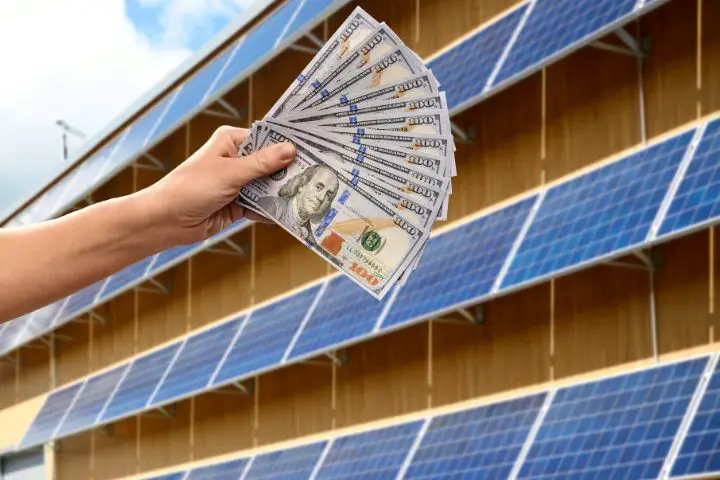
If you have a steep rooftop solar panel installation, then the price of replacement also goes up. It’s always harder to change rooftop solar panels than ground-based ones.
Labor and materials available in your area are another concern falling into the replacement cost. God forbid if you live in an area that’s affected by supply-chain disruption.
A standard residential solar system that powers a family of four ranges from $10,000 to $25,000, depending on all these factors. It’s not a penny replacement if you ask me.
But there’s light at the end of the tunnel!
You can use various federal, state, and local incentives and rebates for solar panel installation and significantly reduce the net cost of your replacement.
Quality Brands = Longevity?
When you think about it – It all boils down to brand investing. Buying your solar panels from reputable, high-quality brands is a fire-safe way of having the longest lifespan for your solar panels. They are also the ones that’ll offer you the most robust warranties and good replacement deals.
Some of the best solar brands I’d bet my money on are:
- Blue Raven Solar
- SunPower
- Elevation Solar
- Green Home Systems
Those are the ones I found that have true-and-tested records of producing durable and efficient solar panels with a lifespan that’ll become your grandkids’ heritage.
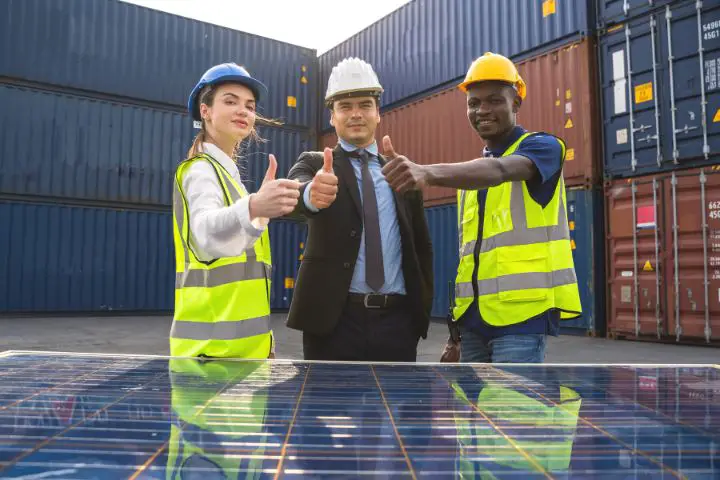
Wrap-Up
“They’ll last you for ages! With the proper care and knowledge, you’ll see them working top-notch even after your retirement! Even if the replacement comes, it’s not a boogeyman. It’s easy when you know what factors influence it, and what to look for to get the most out of your solar panels. Embrace your worry-free, energy future now! Call 1-806…”
**TV shuts off for the night**

